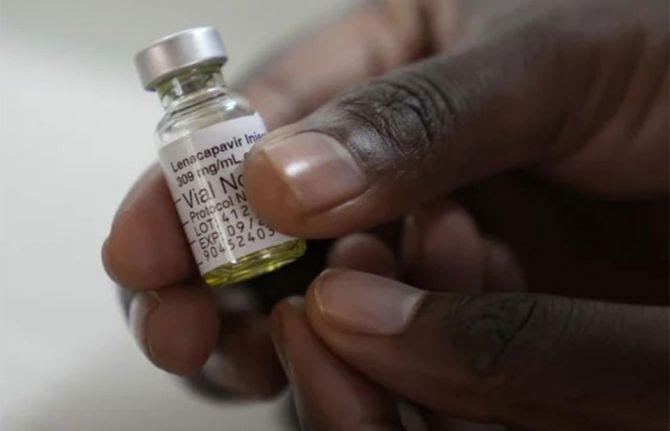The U.S. Food and Drug Administration (FDA) has approved lenacapavir, a long-acting injectable drug for the prevention of HIV, marking what global health advocates call a critical milestone in the fight against the virus. The biannual injection, developed by Gilead Sciences, could significantly simplify HIV prevention for people at risk around the world.
But the approval has sparked a fierce pricing controversy. Gilead has set a U.S. list price of $28,218 per person per year, a figure that has drawn sharp criticism from global health leaders.
Calling the approval “a breakthrough moment,” Executive Director of UNAIDS and United Nations Undersecretary-General, Winnie Byanyima, praised the scientific advancement but denounced the price as unjustifiable.
“This is a breakthrough moment,” Byanyima said. “The approval of lenacapavir is a testament to decades of public investment, scientific excellence, and the contributions of trial participants and communities.”
“But it is beyond comprehension how Gilead can justify a price of $28,218. If this game-changing medicine remains unaffordable, it will change nothing,” she added. “I urge Gilead to do the right thing. Drop the price, expand production, and ensure the world has a shot at ending AIDS.”
A study published in the Lancet HIV estimates that generic lenacapavir could be produced for just $35–$46 per person per year—and potentially as low as $25 with scaled-up demand. UNAIDS echoes these figures, stating that the drug’s cost could rapidly decrease if global access were prioritized.
Advocates warn that without broad affordability, lenacapavir’s potential to transform HIV prevention could be squandered. While Gilead’s innovation is being recognized, the conversation now shifts to equitable access—and whether the pharmaceutical giant will respond to growing pressure to lower the price.
UNAIDS continues to call on pharmaceutical companies and governments to center public health over profits in the global effort to end the AIDS epidemic by 2030.



